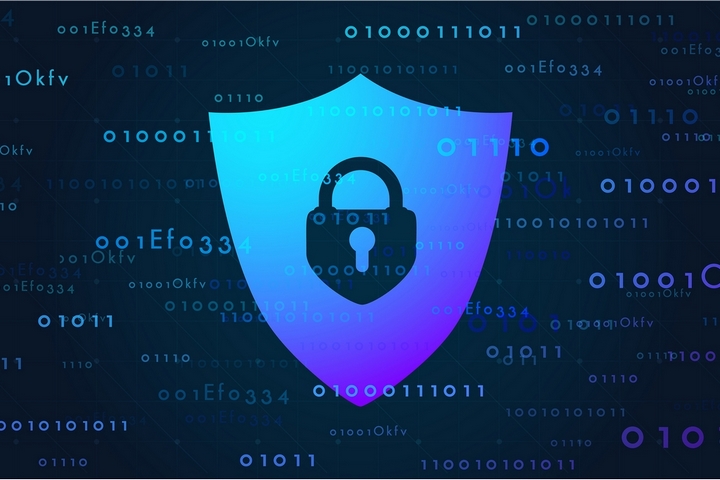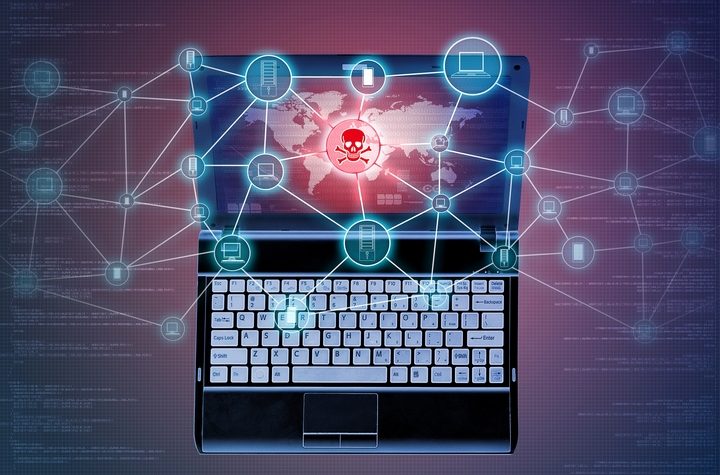Nobody ever really wants to think about what could happen if a computer is infected with malware. Countless different things can happen as a result of this, ranging from mild inconveniences to thousands of dollars being lost. The effects of malware are several times worse on computers that hold a lot of sensitive information, such as business computers. Thankfully, there are plenty of ways that a person can make sure that his or her computer is well protected against malware. To make sure that the computer is as protected as possible, a person will want to consider how to defend themselves against different types of malware. One of the most damaging types of malware is ransomware. If a person wants to ensure that their data is well protected against a ransomware attack, it is important to understand how to protect a computer from such malware.
1. Make Sure That the System and All Software Is Updated

One of the best things that a person can do to prevent ransomware from taking the computer hostage is making sure that everything on the computer is updated to the latest version, with all the patches being installed. From drivers to the computer itself, there are many things that need to be kept up-to-date. By choosing to make sure that all aspects of the computer are up-to-date, a person can rest assured knowing that the computer at least has basic security against most ransomware. After all, companies constantly work to make sure that computers are able to withstand the latest developments that malware creators make. Keeping a computer updated regularly is a crucial part of protecting it.
2. Do Not Readily Give Out Personal Information

When answering emails, calls, texts, and any messages from unsolicited contactors, one needs to make sure that no personal information is shared. People who try to take advantage of other people’s systems prey on people who give out their information readily. By only sharing personal information with people that are completely trusted, one can make sure that they are doing what they can to protect their computer against a ransomware attack. Personal information includes everything from a full name, to addresses, to photos, and so on. If one really wants to share this kind of personal information with someone else, make sure that the person is thoroughly trusted and that the information is being shared in the most secure way possible to avoid anyone getting their hands on it.
3. Consider Making File Backups Regularly

One of the best and most effective ways to restore a computer that has been infected is by relying on backup files from a time when the system wasn’t infected. Backing up the files of a computer is easy and doesn’t take that much time if there isn’t much on the computer. If something happens to the computer and there is a backup available, it can revert the computer back to a state it was in before it was infected. If a person wants to be well prepared for ransomware, making regular backups is one of the best ways to prepare oneself.
4. Invest in a Quality Antivirus

Last, but most certainly not least, the best way to ensure that a computer is thoroughly protected against any and all ransomware out there is to invest in a high-quality antivirus. Ideally, the antivirus would not only act as a firewall against the ransomware, but it could also handle scanning emails for malicious content. Antiviruses will protect the computer at all times, making sure that there is nothing bad going on, and isolating anything that might be causing trouble. The most important thing to note about this is that the higher quality antiviruses are going to do the best job at preventing ransomware from taking over a computer.




